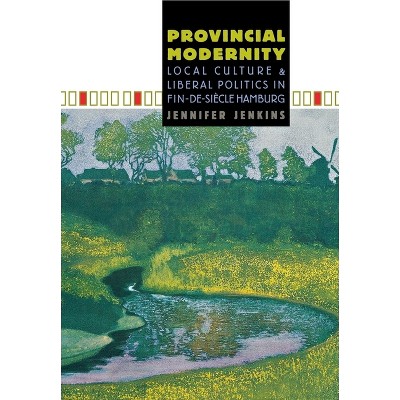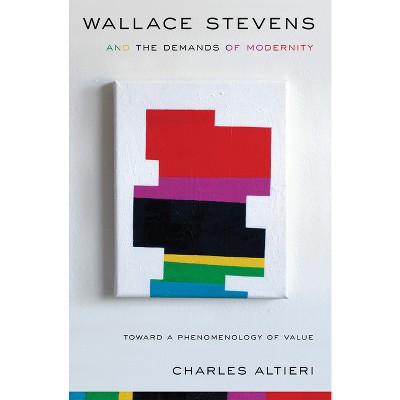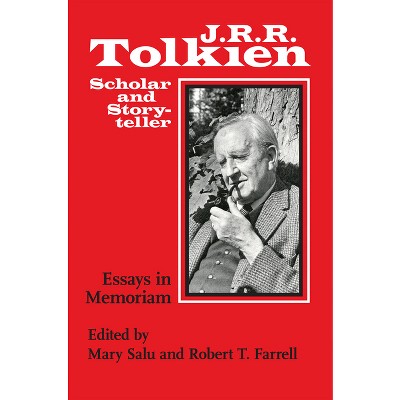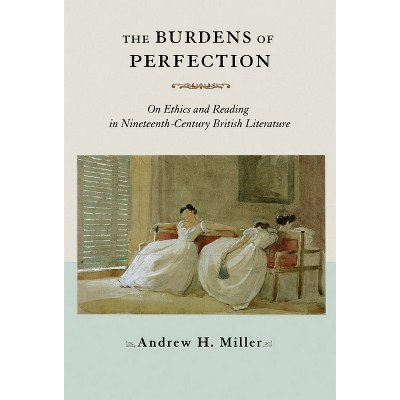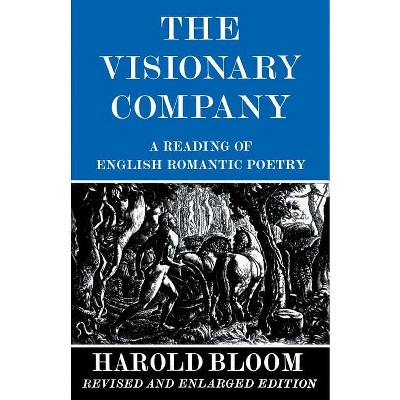Sponsored

Fables of Modernity - by Laura S Brown (Paperback)
In Stock
Sponsored
About this item
Highlights
- Fables of Modernity expands the territory for cultural and literary criticism by introducing the concept of the cultural fable.
- About the Author: Laura Brown is John Wendell Anderson Professor and Chair of the English Department at Cornell University.
- 288 Pages
- Literary Criticism, European
Description
About the Book
Fables of Modernity expands the territory for cultural and literary criticism by introducing the concept of the cultural fable. Laura Brown shows how cultural fables arise from material practices in eighteenth-century England. These fables, the author...
Book Synopsis
Fables of Modernity expands the territory for cultural and literary criticism by introducing the concept of the cultural fable. Laura Brown shows how cultural fables arise from material practices in eighteenth-century England. These fables, the author says, reveal the eighteenth-century origins of modernity and its connection with two related paradigms of difference--the woman and the "native" or non-European.The collective narratives that Brown finds in the print culture of the period engage such prominent phenomena as the city sewer, trade and shipping, the stock market, the commercial printing industry, the "native" visitor to London, and the household pet. In connecting imagination and history through the category of the cultural fable, Brown illuminates the nature of modern experience in the growing metropolitan centers, the national consequences of global expansion, the volatility of credit, the transforming effects of capital, and the domestic consequences of colonialism and slavery.
Review Quotes
Fables of Modernity assumes that the eighteenth century was indeed England's first 'modern' century and it proceeds to explore the ramifications of that modernity in the literary culture of the period.
--Brian Cowan, Yale University "H-Albion"In constructing two forms of 'other, ' the woman and the non-European, Brown argues that eighteenth-century England turned to material culture for metaphors to represent the modern: the city sewer which emblematizes the metropolis in Swift's 'Description of a City Shower': the torrents and oceans that represent fate in texts such as Johnson's The Vanity of Human Wishes and in works by Dryden, Pope, and others; finance and the fable of Lady Credit; capitalism; the native prince; and pets that symbolize the nonhuman being. These marginally literary texts document the invention of cultural myths of modernity, which are the triumph of capitalism, urbanization, commercialization, and the historical differentiation of today from yesterday.
--Barbara M. Benedict, Trinity College "Studies in English Literature"In essence, Brown's cultural fables are rich metaphorical themes rooted in significant social and historical processes.... Brown's last chapter, on the relationship between the animal and the human, is particularly fascinating, especially her account of the growing popularity of pets during the rise of England's bourgeois commercial society.
-- "Choice"Laura Brown is one of the most productive and influential literary critics today. Over the last two decades she has shaped eighteenth-century studies much as Stephen Greenblatt has shaped Renaissance studies.
--Blakey Vermeule, Northwestern University "Modern Language Quarterly"About the Author
Laura Brown is John Wendell Anderson Professor and Chair of the English Department at Cornell University. She is author, most recently, of Ends of Empire: Women and Ideology in Early Eighteenth-Century English Literature, also from Cornell.
Shipping details
Return details
Trending Poetry






